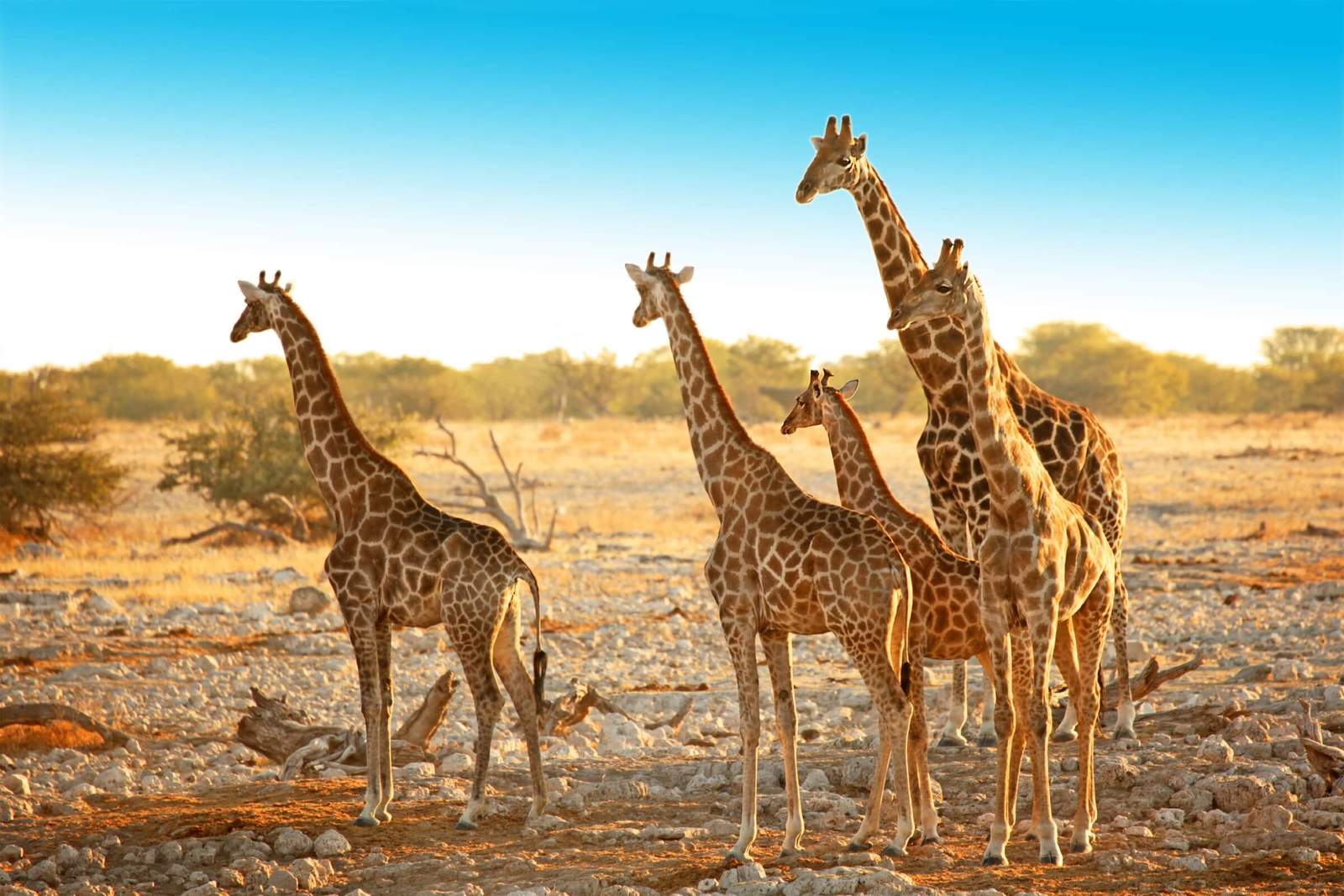

It’s been quite the year for the world’s most illegally trafficked non-human animal. Most went into 2020 not knowing what a pangolin even is. Then all of a sudden this scaly anteater was front in center because of it’s link to COVID, as there is plenty of reason to believe it was an illegally trafficked pangolin that was carrying the novel coronavirus and consumed in Wuhan.
While there is a long way to go and a lot of work to do to save this incredible mammal from being pushed to the brink of extinction, there is reason to celebrate. In June of 2020, shortly after we actually finished our Pangolin Conference here at Animalia, China removed pangolin scales from its list of approved ingredients for traditional Chinese medicine.
While this could still be purely cosmetic unless China actually enforces it, it is a BIG DEAL if they follow through. Traditional Chinese medicine is the #1 source of pangolin poaching worldwide. The follow thru remains to be seen, but this is a push in the right direction. It’s sad it took a global pandemic for this to happen, but it is one of the silver linings we can be excited about.
DON’T FORGET TO GRAB YOUR ANIMALIA PANGOLIN MERCH. PROCEEDS ARE SHARED WITH OUR PARTNERS, SAVE PANGOLINS, WHO YOU CAN FOLLOW @SAVEPANGOLINSOFFICIAL ON IG.



It was a huge year for Giraffe Conservation due to a series of successful translocation projects.
One of the longstanding challenges of conserving giraffe has been migrating them from under-resourced, dangerous areas into more protected and flourishing national parks in Africa. This is due not only to the size of the giraffe but also it’s very skittish and uncooperative nature when being coerced into anything, and the risk of injury that can be extremely hard for them to overcome.
Well, thanks to incredible efforts from folks like our partners at The Giraffe Conservation Foundation, many successful projects took place in 2020.
Here is a video of what that looks like.






In a landmark decision, Colorado has voted to return Gray Wolves to the state after years of being eradicated from open hunting.




